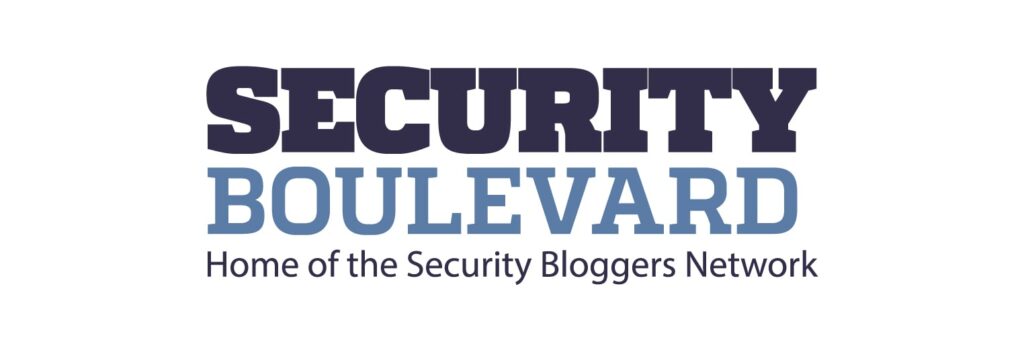“We passed the audit. No idea how, but we passed.”
If that sentence sounds familiar – or worse, relatable – it’s time for a serious look in the mirror.
Every year, companies across industries breathe a collective sigh of relief when the auditors give the thumbs-up. The SOC 2, ISO 27001, PCI DSS – pick your acronym – get ticked off, and it’s back to business. But let’s be honest: how often does that success feel earned?
More than a few security and compliance teams have walked out of an audit room with relief, not pride. Because deep down, they know: the processes are fragile, the documentation was patched together last-minute, and the controls were more performative than protective.
The audit might be over – but the illusion lingers.
The audit mirage: When compliance doesn’t mean security
Audits are meant to provide assurance. They’re meant to test whether your security controls are designed well and operating effectively. But what happens when passing an audit becomes a performance, rather than a true reflection of your security posture?
We see it all the time:
- Policies that are technically in place, but no one follows.
- Processes that exist on paper but crumble under real-world pressure.
- Training modules that employees click through but never internalize.
- Logs that are retained but never reviewed – until audit week.
The result? A culture of checkbox compliance. The system rewards organizations not for being secure, but for looking secure.
And when that’s the game, everyone learns how to play it.
Compliance as theatre: Why it happens
The pressure to pass an audit is real. Auditors, customers, partners – they all want assurance that your organization is “secure.” And with finite time, resources, and (let’s be honest) patience, many teams end up designing controls to meet audit criteria rather than real risk scenarios.
Why?
- Misaligned incentives: Audit success is often a KPI. Risk reduction? That’s harder to measure.
- Lack of ownership: When security is “someone else’s job,” controls are bolted on – not built in.
- Fear of failure: No one wants to be the team that failed the audit. So corners get cut. Just a little.
It’s a system that values form over function. But here’s the problem: attackers don’t care about your audit report.
Real-world relevance: The litmus test
Imagine you had to explain each of your controls to a brand-new hire – not just what it does, but why it matters. Could you do it?
Controls should never exist in a vacuum. They should be tied to threats, business context, and user behavior. If your team doesn’t understand the “why” behind the “what,” it’s only a matter of time before the control fails – quietly, until it matters most.
Start asking hard questions:
- If we removed this control tomorrow, what risk would increase?
- Who actually uses this process – and does it help or hinder them?
- When was the last time this control caught or prevented a real issue?
These questions shift the conversation from audit readiness to operational resilience. From passing the test to surviving the fire.
Moving beyond checkbox culture
So, how do you shift from “We passed” to “We’re prepared”?
- Treat audits as baselines, not goals – An audit should be the floor, not the ceiling. Use it as a sanity check – not a gold medal.
- Operationalize your controls – Every control should have an owner, a purpose, and a heartbeat. If it’s not measured or maintained, it’s not real.
- Educate beyond compliance – Train your teams on threats, not just policies. Help them understand why behaviors matter – especially outside of audit season.
- Integrate security into workflows – Good controls make secure behavior the default. If a control feels like a burden, it probably won’t last.
- Conduct post-audit retrospectives – After the audit, ask: What felt shaky? What was rushed? Where are we vulnerable? Use the momentum to build real maturity.
The payoff: Confidence you can stand on
There’s a quiet confidence that comes from knowing your security posture is solid – not because an auditor said so, but because your team lives and breathes it. Because the systems work under pressure. Because incidents are caught early, and people know what to do.
That kind of confidence doesn’t come from a checklist.
It comes from ownership. From alignment. From doing the work, even when no one is watching.
So yes – celebrate the audit pass. But don’t let it lull you into complacency. If you walked away thinking, “No idea how we passed…” take it as a gift. A wake-up call. A chance to move from illusion to integrity.
Because the next test won’t be on paper.


